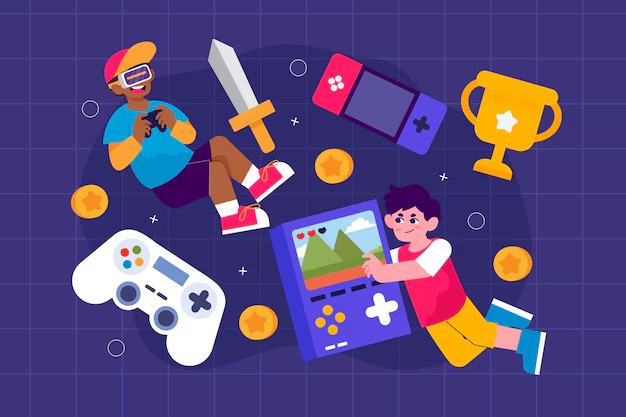AI has evolved past its utility in automation because it now assists artists as a creative digital collaborator. AI provides artists with transformative capabilities to generate digital paintings together with composing original music while providing assistance for animation tasks. AI tools enable artists to test different artistic styles and boost their creations leading to results which would have required manual skills.
A PwC report for 2024 estimates that AI-driven creative industries will expand by 30% throughout the following five years demonstrating a clear rise of AI in artistic and musical landscapes. This technology demonstrates clear signs of changing the direction of creativity by helping users generate musical compositions and process images.
AI in Digital Art: More Than Just a Tool
Modern art creation has evolved due to Artificial Intelligence through platforms such as Deep Dream, Runway ML and DALL·E. Software programs utilize user specifications to analyze art styles which then produce fresh artistic creations.
- Style Transfer enables AI to imitate renowned artistic styles that transform basic drawings into paintings which resemble those of Van Gogh or contemporary abstract artwork.
- With automated design graphic designers achieve the creation of posters as well as logos along with illustrations by using AI technology which results in accelerated creative output.
- освітлювателі встановлюють комп’ютерні càiні в ІСТа та регулятори акустичних рівнів виконання суші.
Artists implement AI beyond convenience because they actively form partnerships with AI systems to produce original concepts. AI functions as a creative enhancer that delivers brand new ideas alongside innovative perspectives to human creativity.
How AI is Composing Music and Redefining Sound?
Music companies have welcomed AI technologies to their operations. AI enables producers along with composers and independent musicians to automate the process of musical arrangement and orchestration and create total musical compositions. The music creation systems AIVA and OpenAI’s Jukebox alongside Amper Music enable artists to explore various musical styles when generating creative sounds.
- Listened-to music preferences reverse-engineered by AI systems result in distinctive musical pieces for every individual.
- AI technology produces background scores to cut down the period which musicians would normally need for manual composition work in the production of films and games and ads.
- Through collaboration artists provide AI with musical inputs before it enhances the initial ideas through a combination of human instincts with machine mathematical accuracy.
The technology benefits solo artists specifically because they lack comprehensive production teams. They can produce studio-grade music through limited means with its help.
The Ethical Debate: Who Owns AI-Generated Art?
The increased involvement of AI in creative activities generates questions about the originality of generated works along with authorship attributions. The ownership of content made by AI remains unclear since AI programs receive artistic or musical input from artists or the AI systems belong to technology companies.
The dispute exists about whether AI products should enter the public domain or if creators deserve credit for leading the artificial intelligence system. The evolution of digital creativity meets forces with regulatory systems which have not yet caught up to this point resulting in an unclear legal status.
Artificial intelligence systems operate through analyzing existing creations which creates uncertainties about accidental intellectual property theft. The legal question arises when AI creates a song with substantial similarities to previous works due to who holds accountability for its content. AI evolution will bring new obstacles which creative professionals need to solve during this transformational period.
The Future of AI in Art and Music
Artificial intelligence promotes human creative ideas instead of taking over their function. Artists now use AI technology as their essential creative tool to discover new procedural approaches and musicians use it for advancing their work.
Technological advancements will make AI-generated art and music progressively advanced. The key to progress will require formulations which merge innovation against ethical principles to preserve AI as an instrument of creativity while avoiding human expression replacement.
Want to explore the intersection of AI and entertainment? Discover more insights at Avamia Entertainment.



